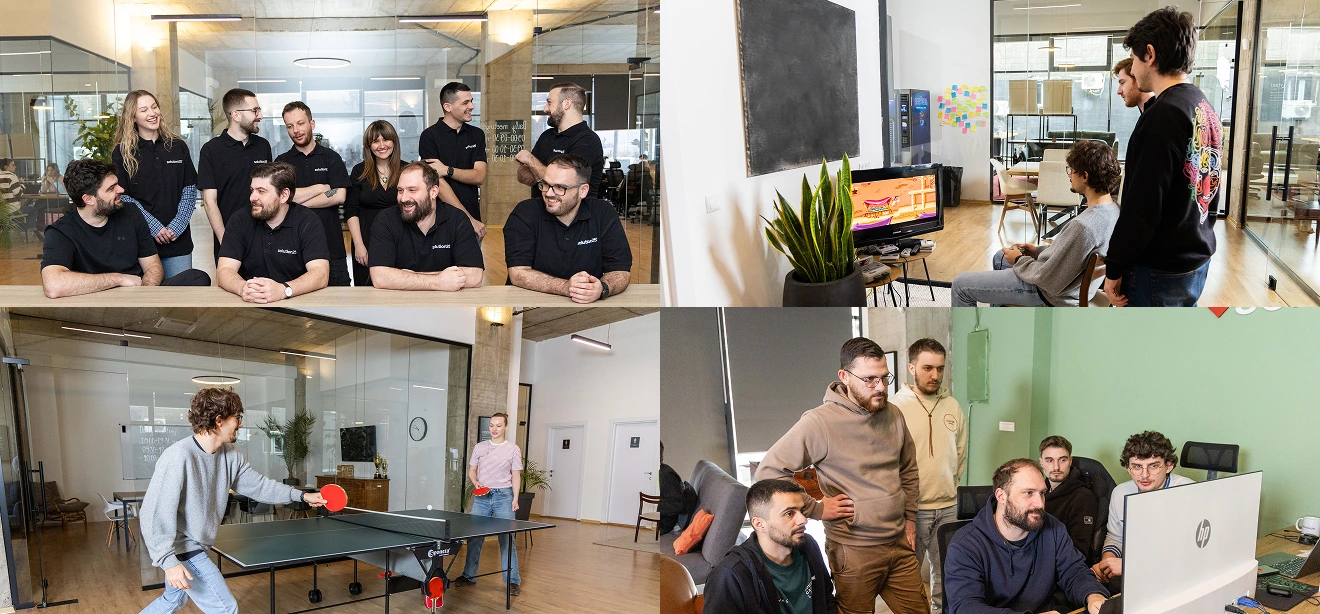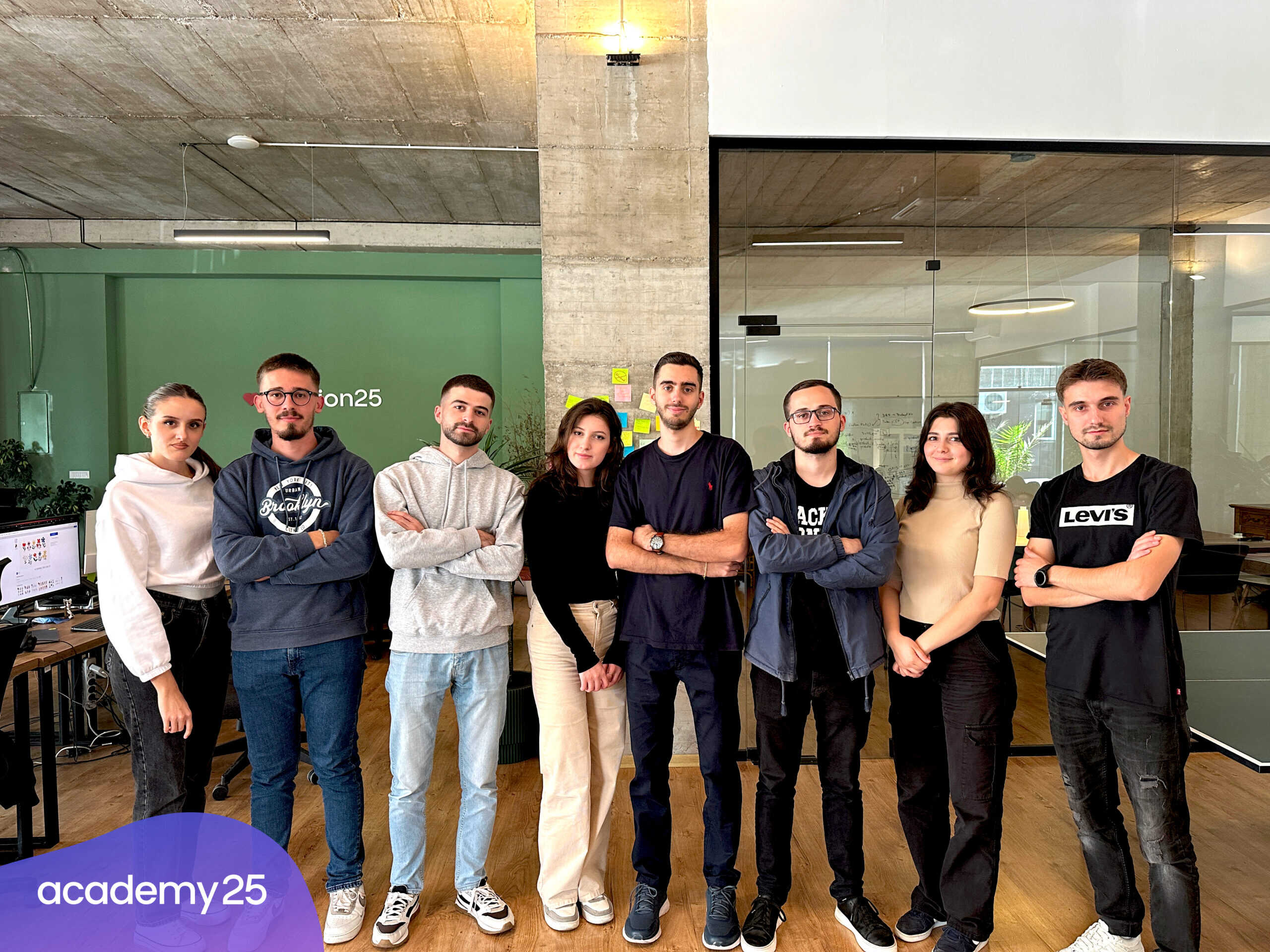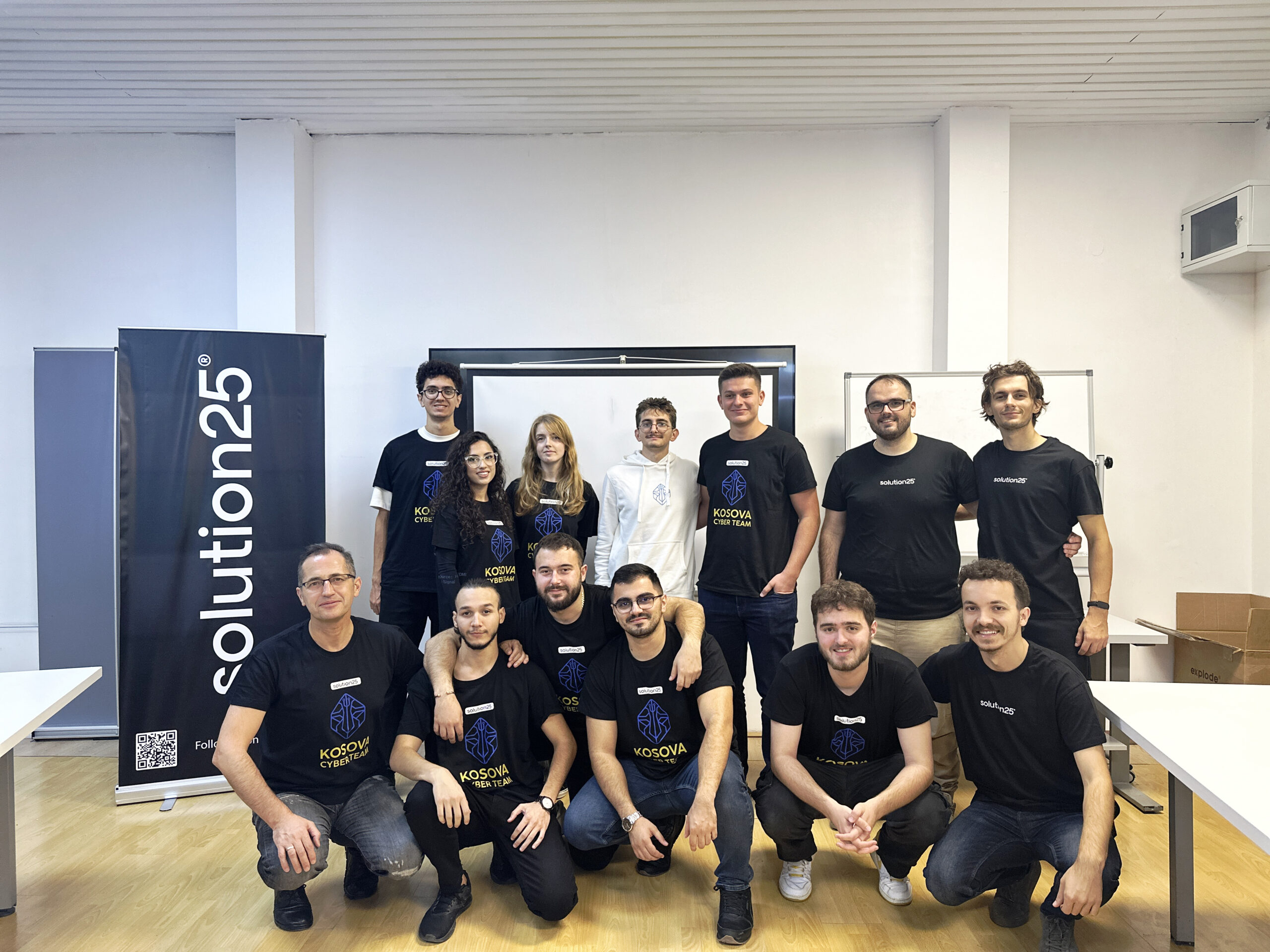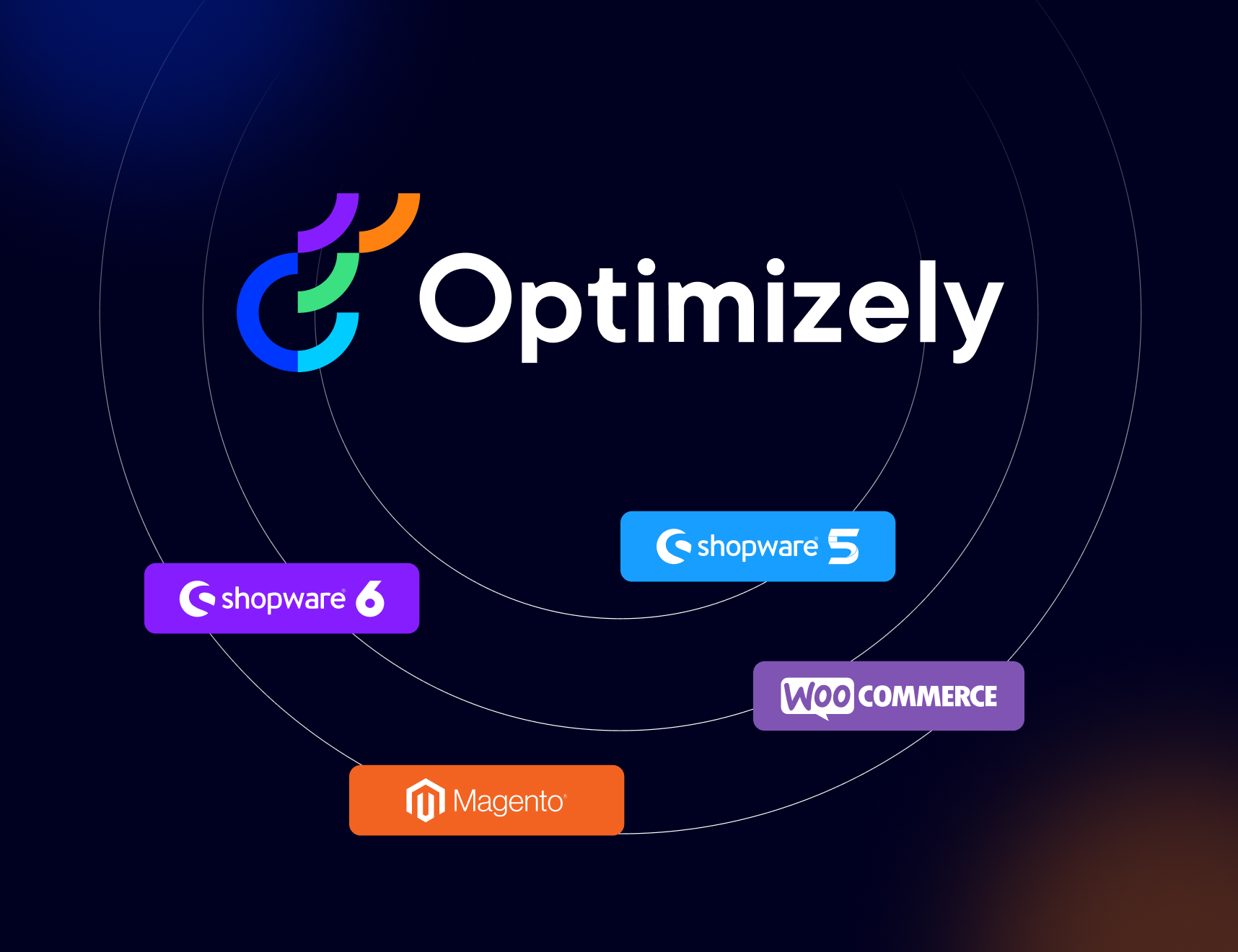Our Services
E-Commerce Development
We design and build scalable e-commerce solutions using Shopware, Shopify, Laravel, and React tailored to your business needs.
E-Commerce Migrations
Expert-led e-commerce migrations to ensure smooth transitions between Shopware, Shopify, Magento, and more with zero downtime.
Dedicated Developers
Access a team of expert developers dedicated to transforming your e-commerce vision into reality using top platforms and frameworks.
Plugin Integrations
Seamless integrations of e-commerce systems, custom plugins, and tailored apps for Shopware, Shopify, and Magento to enhance your store.
extension partner
Client project highlights
Optimizely
Building Integration Plugins!
We develop custom plugins to integrate Optimizely with Shopware 5, Shopware 6, WooCommerce, Magento, and Shopify. Our services include comprehensive technical support, regular updates, and rigorous quality and security checks. We leverage technologies such as Shopware, Magento, and WooCommerce to ensure optimal performance.

Druckerpatronen
Effortless E-Commerce Integration
We successfully migrated Druckerpatronen from Magento to Shopware 6, enhancing their online store with improved performance and a streamlined user experience. Our comprehensive approach ensured data integrity, optimized functionality, and a smooth transition, allowing Druckerpatronen to leverage the full capabilities of Shopware 6.
Foleja.com
Largest Marketplace in the Balkans
We developed an online shop for Foleja, implemented a middleware platform for effective product management, and created a native mobile app. These solutions significantly enhanced their operational efficiency and customer experience, making Foleja the largest marketplace in the Balkans

Banana Beauty
From Front-End Overhaul to Increased Visibility
We revamped their website front-end to boost conversion rates and enhance overall site performance. By optimizing the site based on user feedback and insights, we improved user experience and increased engagement. Additionally, we implemented SEO strategies to enhance visibility and drive more traffic to their platform.
Serviceplan Group
Integrating Systems for Efficiency
Integrated multiple systems from different clients, easily connecting into one unified warehouse management system, simplifying processes, enhancing efficiency, and centralizing the management of inventory, orders, and logistics across various platforms.

WRSTBHVR
Development and Performance Enhancements
We partnered with WRSTBHVR to deliver top-tier development and performance enhancements using Shopware. Our team focused on crafting tailored e-commerce solutions that optimized their online presence and operational efficiency. Through this collaboration, we successfully implemented advanced features and performance improvements, ensuring WRSTBHVR’s platform not only met but exceeded their business goals.
Konforo
Innovative Software
For Konforo, we created a custom software solution featuring German client support, a user-friendly and intuitive interface, and 24/7 portal access. The platform offers advanced user management with multiple roles, high security, and extensive client customization options, providing a robust and flexible solution tailored to their needs.

Stathubs
Unified E-Commerce Insights and Analytics
We developed Stathub’s native mobile app using React Native for the front end and PHP Laravel for the back end. The app aggregates statistics from all your online shops into a single platform, enabling comparison with previous periods and detailed insights into marketing costs per period. Our solution provides a comprehensive overview to help optimize your e-commerce performance.

HelloBody
Concept to High-Performance E-Commerce
We partnered with HelloBody to develop a unique design and concept, building their e-commerce platform from the ground up. Our work focused on boosting site performance and improving the conversion rate, ensuring a seamless and engaging shopping experience for their customers.

Heatrex
Custom Web Solution
For Heatrex, a leading provider of heat pumps, we designed and developed a comprehensive website featuring both B2B and B2C functionalities. Our team implemented an advanced configuration tool that allows users to input their housing conditions, enabling Heatrex to automatically generate tailored offers. This solution ensures an efficient experience for all users.

Haemmerle
Auctions with a Strategic SEO
By implementing a comprehensive SEO strategy, we significantly enhanced the website’s visibility, resulting in a substantial increase in traffic to their online auctions. This strategy not only attracted a larger audience but also drove higher engagement and interest, ultimately boosting overall participation and conversions. Our targeted approach ensured that their auctions reached the right audience, improving both reach and relevance.
News
extension partner


















